Today’s readings
I want to begin my homily by reminding you of the words we heard in our first reading from Nehemiah:
He read out of the book from daybreak till midday,
in the presence of the men, the women,
and those children old enough to understand;
and all the people listened attentively to the book of the law.
Wouldn’t that be fun! When you think Mass is too long, just think about that! We could be going from daybreak to midday!
Today, the Third Sunday in Ordinary Time, is now known as the Sunday of the Word of God. So we’re talking about teaching and the Scriptures, which is to remind us that we are all, always and forever, in the “school” of the faith. We don’t ever graduate from that school, until, of course, that great day, when we stand before our Lord to be judged, relying on his mercy and on our relationship with him, which is always a gift. Those who unite themselves to our Lord in faith throughout their lives, those who continue to study the Scriptures and see them fulfilled in our hearing, they have the promise of eternal life in the Kingdom of God.
Saint Jerome underlined this for us. He said that ignorance of the Scriptures is ignorance of Christ, because for all of us who did not live in the same time as Jesus, we rely on the Scriptures not just to tell us who Christ was, but also to have a relationship with him, remembering that Jesus is always present in the proclamation of the Word of God.
There are three Scriptural moments in today’s Liturgy of the Word. First, the Word is proclaimed. Second, that Word has an effect on its hearers. Finally, the Word is fulfilled. So first, the Word is proclaimed, and we see that twice. In the first reading, Ezra the priest reads from the scroll from daybreak to midday, in the presence of the men, the women, and those children old enough to understand. It was quite the proclamation, and also included a kind of homily, apparently, since the reading tells us that Ezra provided an interpretation. The second time we see this is in the Gospel reading. Jesus takes the scroll of the law, and finds a particular passage from the prophet Isaiah and proclaims it. He too provides an interpretation, in the form of his very life.
The second Scriptural moment is the Word’s effect on its hearers. For Ezra, the Word produced a very emotional response. The people bowed down in the presence of the Word, and began to weep. The weeping is presumably because, hearing the Word, they realized how far they were from keeping its commandments. I think we might have that same reaction sometimes, and when it produces repentance, that’s really not a bad thing at all. But Nehemiah instructs them not to weep, and instead to rejoice and celebrate, because the proclamation of the Word on this holy day was an occasion for great joy. In contrast, we don’t get any idea of how the rest of the congregation at the synagogue reacted to Jesus’ proclamation of Isaiah in the Gospel reading, but one would think that it would have been a pretty tame reaction until he announced that he was the fulfillment of the prophecy. We can see that in the verses from the fourth chapter of Luke that follow the reading we have today. In those verses, they begin to question: “Isn’t this the son of Joseph?” and when he continues to convict them for being averse to the Scriptures, they attempt to stone him to death. Obviously a significant difference from the reaction to Ezra’s preaching.
Finally, the Word is fulfilled. Jesus’ instruction in the Gospel that the words of Isaiah have been fulfilled in the synagogue-goers hearing tells us that Word is never intended to be a static thing. We do not just passively sit through the proclamation of the Word, nod our heads, and move on to the Eucharist. The Word is a living thing and it is intended to have an effect on its hearers. Indeed, the Word is always proclaimed with the intent that it be fulfilled, and that fulfillment began with the life, death, and resurrection of Jesus Christ. In his person, all of the promises of the Old Testament are brought into being, and the real hope of the world begins.
We continue to celebrate the Word in those three moments. We come now come to this holy place to hear the Word proclaimed, and have it interpreted in the homily. Our Liturgy of the Word, then, goes back to ancient times, and looks much the way Ezra proclaimed the Scriptures. Except, of course, it’s a lot shorter now! We continue to be affected by the Word’s proclamation. We too may be moved to tears as we hear of God’s goodness, and think of the way we have fallen short. We too need to hear Nehemiah proclaim that the preaching of the Word is a time for great joy. Finally, the Word continues to be fulfilled among us. Having sent his Holy Spirit, Jesus continues to be the fulfillment of Scripture, every time someone hears the Word and acts on it.
I want to try a bit of an object lesson. Jesus, quoting from Isaiah, said that the Spirit of the Lord was upon him. That is true too for all of us who have been Baptized and Confirmed, because we receive the Holy Spirit in both Sacraments. So I would ask all of you to close your eyes for a minute and listen to these words from Isaiah spoken not just to Jesus, but also to all of us, and to you specifically:
The Spirit of the Lord is upon you,
because he has anointed you
to bring glad tidings to the poor.
He has sent you to proclaim liberty to captives
and recovery of sight to the blind,
to let the oppressed go free,
and to proclaim a year acceptable to the Lord.
You may find yourself ill-equipped to break people out of prison. But I know that you know at least one person who is in some kind of prison. Maybe they are imprisoned by illness or old age. Maybe they are imprisoned by fear of acting to better their lives. These people need you to journey with them and be present to them, thereby setting those captives free. You may not be too sure about how you can proclaim recovery of sight to the blind. Maybe you don’t even know anyone who is physically blind. But you probably know somebody who is blind to the fact that they are in an unhealthy or abusive relationship. Or maybe you know somebody who is blind to the fact that they are suffering from an addiction of some sort. Maybe you know somebody who is blind to the fact that someone they are close to needs them in a special way. You may even know somebody who is blind to the fact that they are a beautiful, gifted, and beloved son or daughter of God. You can be present to these who are blind and to gently but firmly accompany them to recovery of sight. Finally, you probably have no idea how to let the oppressed go free. But you may have an hour or two to serve a hot meal to those oppressed by homelessness at a homeless shelter or soup kitchen. You may be able to spend some time occasionally with those who are oppressed by not knowing how to read. By giving of yourself, you can let these oppressed go free.
We have been anointed with the Holy Spirit in order to bring glad tidings to the poor. By acting selflessly, we can turn things around in our own little corner of the world. By hearing and acting on the Word, we can proclaim a year acceptable to the Lord. May the Words of this Holy Book be fulfilled today – and every day – in our hearing.
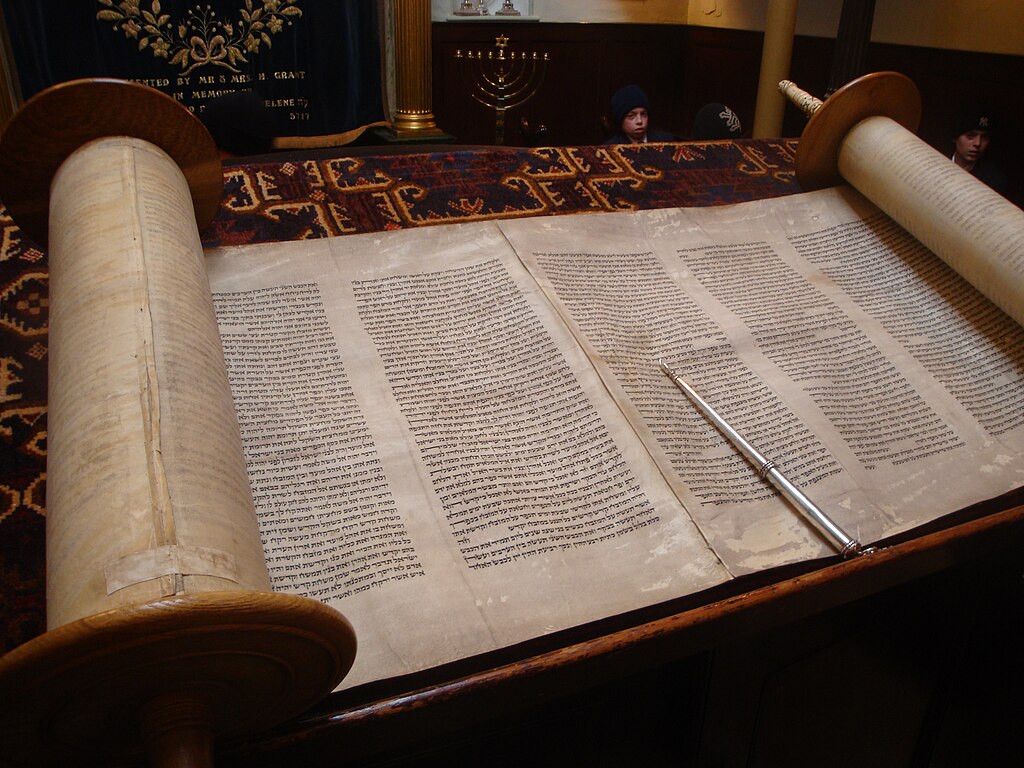
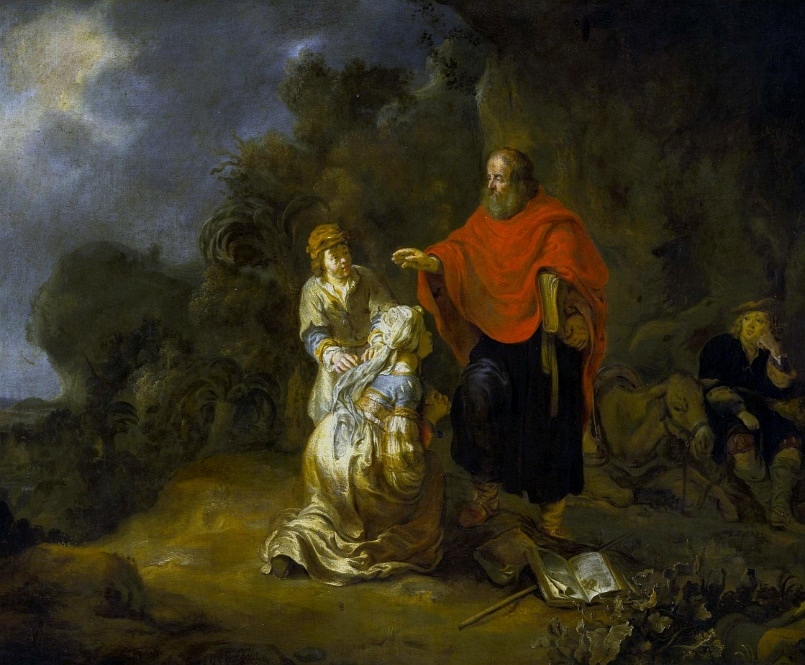

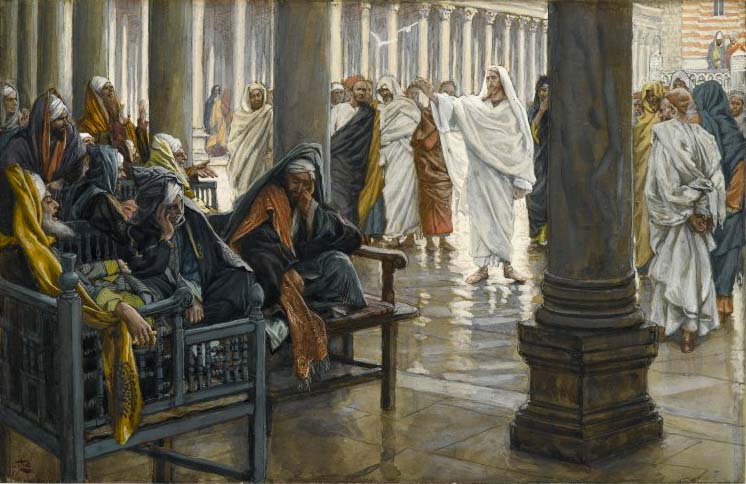
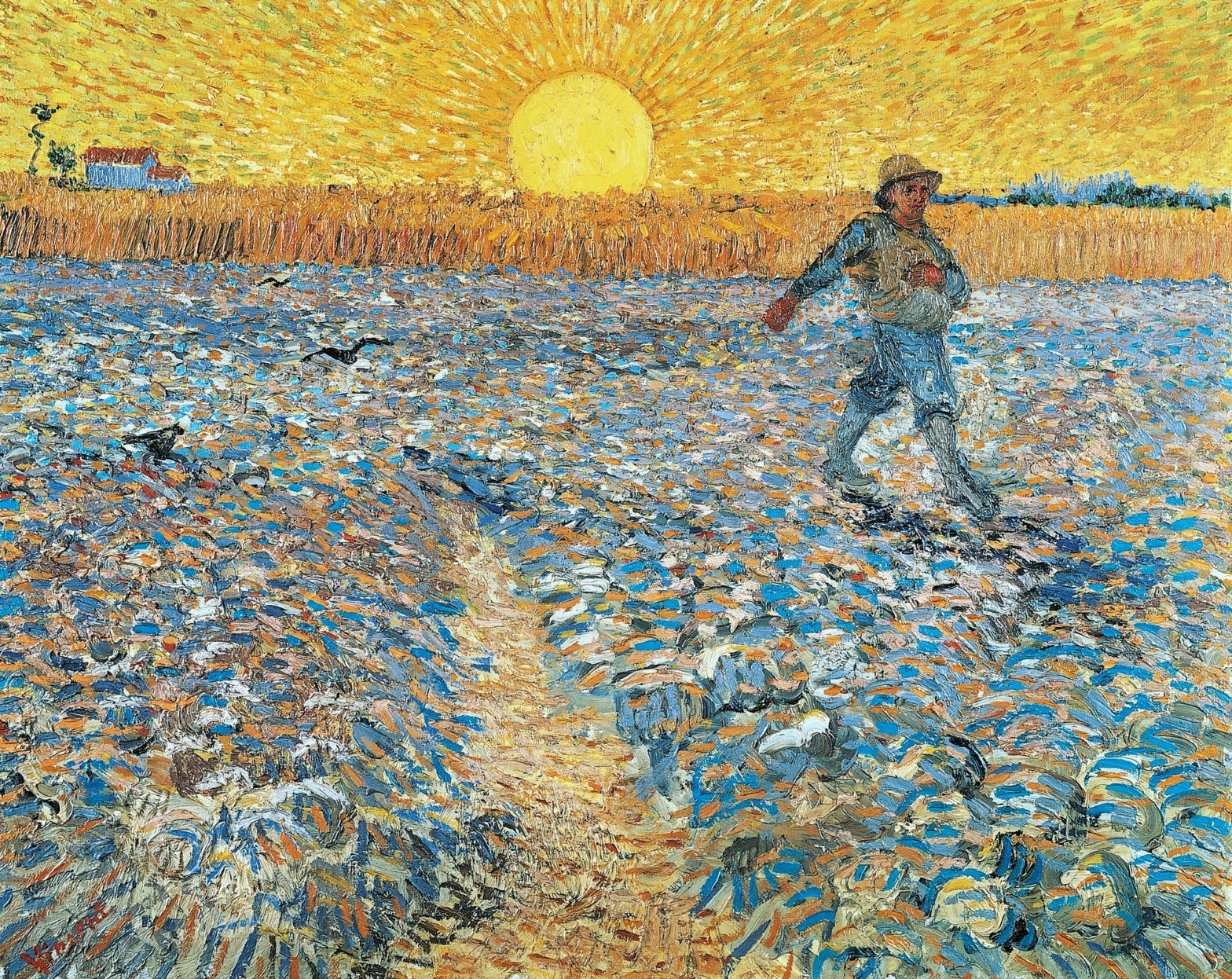
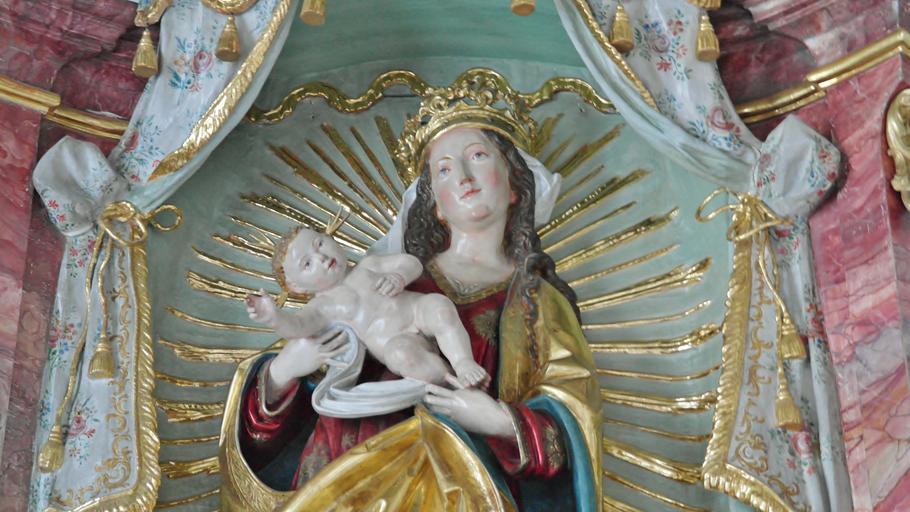

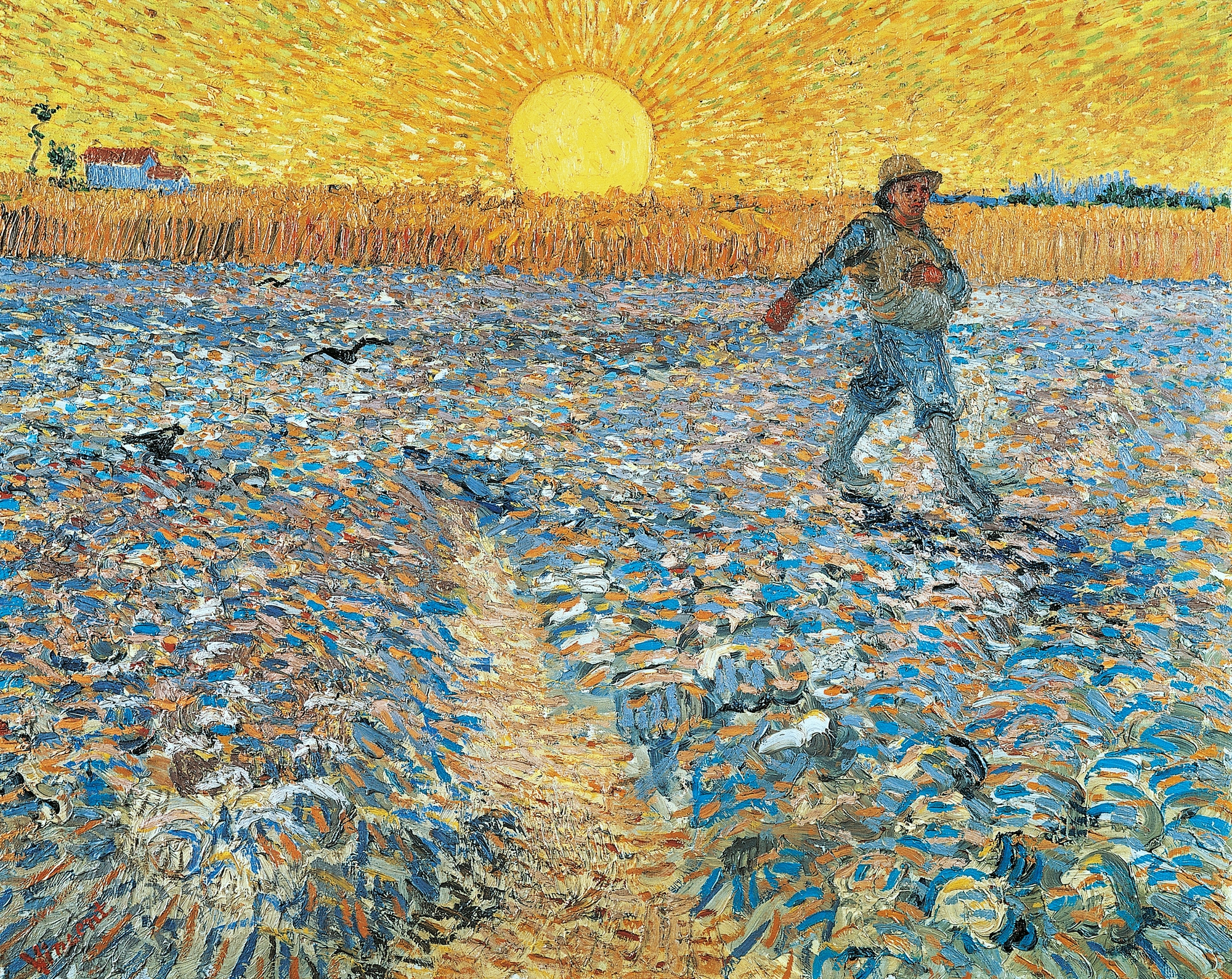
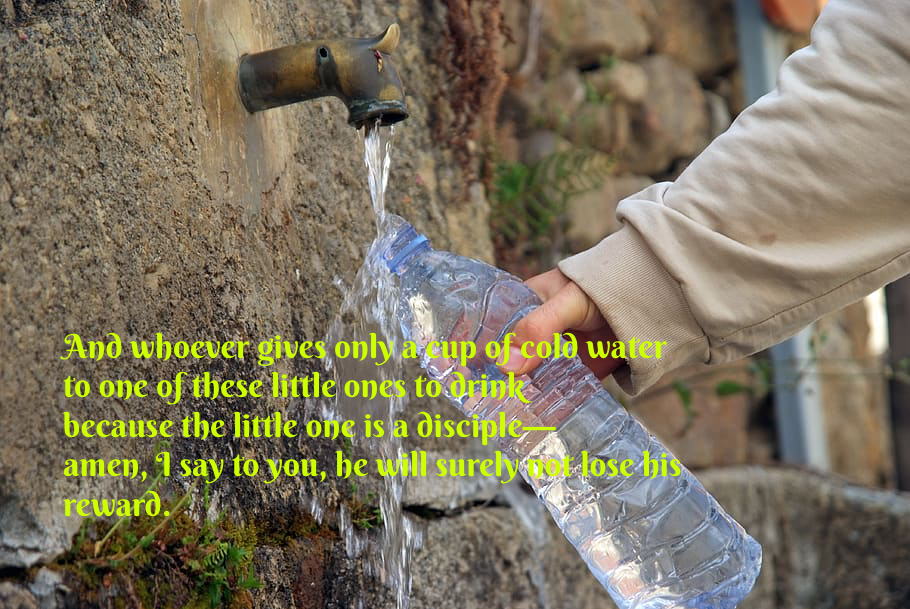
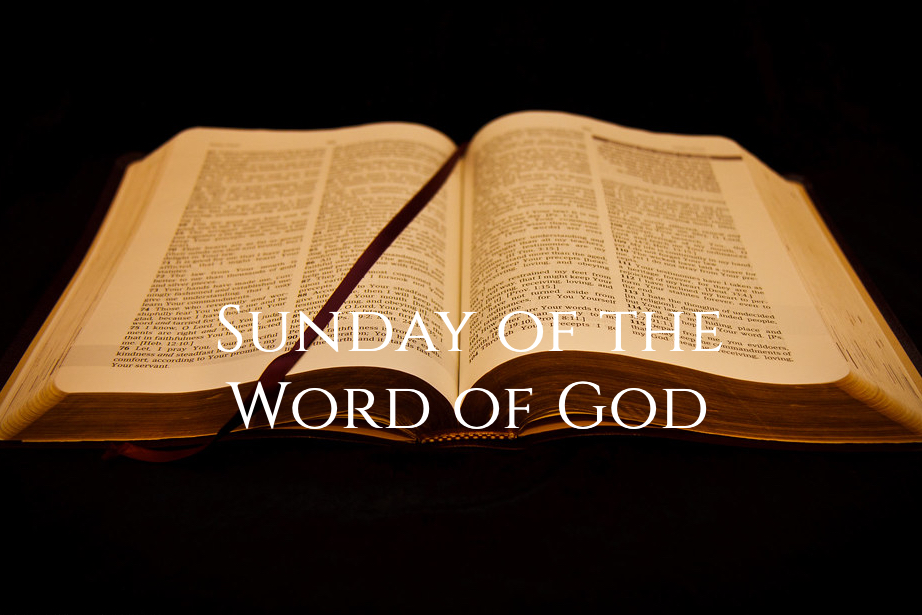
You must be logged in to post a comment.